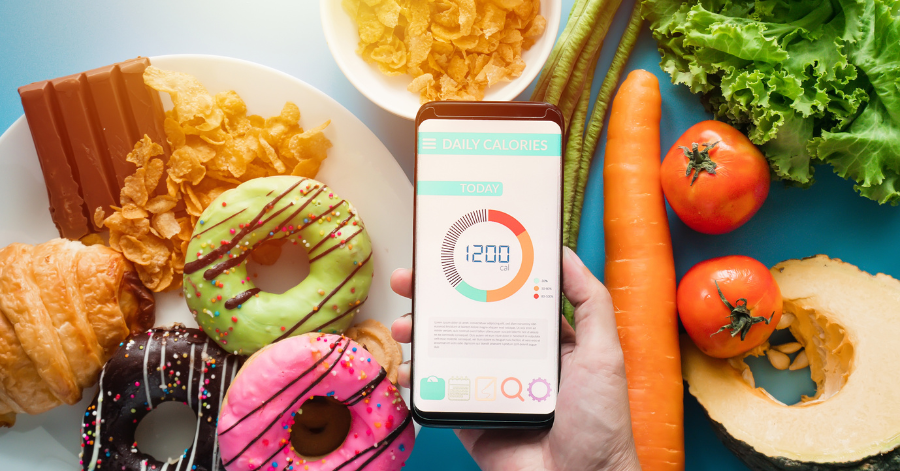Why Should You Stop Using Calorie Calculators?
“Nourish Your Body, Nurture Your Mind: Beyond the Limitations of Online Calorie Calculators”
In today’s digital age, technology has made it easier for us to track our daily food intake and monitor our calorie consumption. However, relying on popular calorie calculators like MyFitnessPal and similar online tools may not be as beneficial as it seems. In this blog, I’ll tell you why you should consider deleting these apps and exploring alternative methods to improve your diet quality.
Online calorie calculators often use a standard formula to estimate daily calorie requirements based on factors like age, gender, weight, and activity level. However, these calculators fail to consider individual differences in metabolism, body composition, and overall health status. Each person has unique nutritional needs, and relying solely on these generic calculators can lead to inaccurate results and ineffective diet plans.
One of the primary concerns with online calorie calculators is the inaccuracy of their food databases. These databases rely on user-generated information, which can lead to inconsistencies and errors. For instance, a user might input the wrong serving size or misidentify an ingredient, resulting in incorrect nutritional information. Additionally, not all foods are available in these databases, leaving you to guess the nutritional values of homemade meals or locally sourced ingredients.
While online calorie calculators can provide an initial estimate, they lack the expertise of a registered dietitian or healthcare professional. They cannot account for specific medical conditions, food intolerances, or individual nutritional needs. Consulting with a professional can help you develop a personalized diet plan that addresses your specific health concerns and goals.
Online calorie calculators rely on food databases to estimate nutritional information. These databases may contain inaccuracies or outdated information, leading to incorrect calorie counts. Additionally, homemade meals and locally sourced ingredients may not be included in these databases, making it challenging to accurately track calorie intake.
Calorie calculators primarily focus on the number of calories consumed, which can lead to an unhealthy obsession with counting calories. While calorie intake is essential for understanding energy balance, it’s crucial to consider other factors like the quality of the food, nutrient density, and portion sizes. Over-emphasizing calorie counts may cause you to overlook the importance of consuming a balanced and varied diet.
Ignoring the Importance of Macronutrients and Micronutrients
Online calorie calculators often provide limited information about macronutrients (proteins, carbohydrates, and fats) and micronutrients (vitamins and minerals). These nutrients play vital roles in maintaining overall health and well-being. By focusing solely on calorie intake, you might miss out on essential nutrients that support immune function, energy production, and other critical bodily processes.
Hindering Mindful Eating Habits


Tracking every bite on a calorie calculator app can make eating feel like a chore rather than a pleasurable experience. Mindful eating is essential for maintaining a healthy relationship with food and understanding hunger and satiety cues. Constantly monitoring your food intake may lead to disordered eating patterns and hinder your ability to develop a healthy, sustainable diet.
Encouraging Extreme Dieting and Restrictive Eating
Calorie calculators often promote the idea of achieving a specific calorie deficit or surplus to lose or gain weight. This approach can lead to extreme dieting and restrictive eating habits, which may cause nutrient deficiencies, hormonal imbalances, and other health issues. A more balanced and sustainable approach to weight management involves focusing on overall diet quality, physical activity, and lifestyle changes.
Dieting and maintaining a healthy lifestyle involves more than just understanding calorie intake. Online calorie calculators do not address the behavioral and emotional aspects of eating, such as emotional eating, stress-induced eating, or social influences. A professional dietitian can help you develop strategies to address these issues and create sustainable, long-term habits.
Alternatives to Online Calorie Calculators
Instead of relying on calorie calculators, consider the following alternatives to improve your diet quality:
- Consult with a registered dietitian or healthcare professional to create a personalized nutrition plan tailored to your specific needs and goals.
- Focus on eating whole, nutrient-dense foods and practice mindful eating habits.
- Learn about portion control and use visual aids, such as your hand, to estimate food portions.
- Keep a food journal to track your intake, which can provide valuable insights into your eating habits and patterns.
- Engage in regular physical activity and prioritize stress management techniques to support your overall health.
Conclusion
Online calorie calculators can be a helpful tool for gaining a basic understanding of calorie needs, but they should not be the sole source of nutritional guidance.








